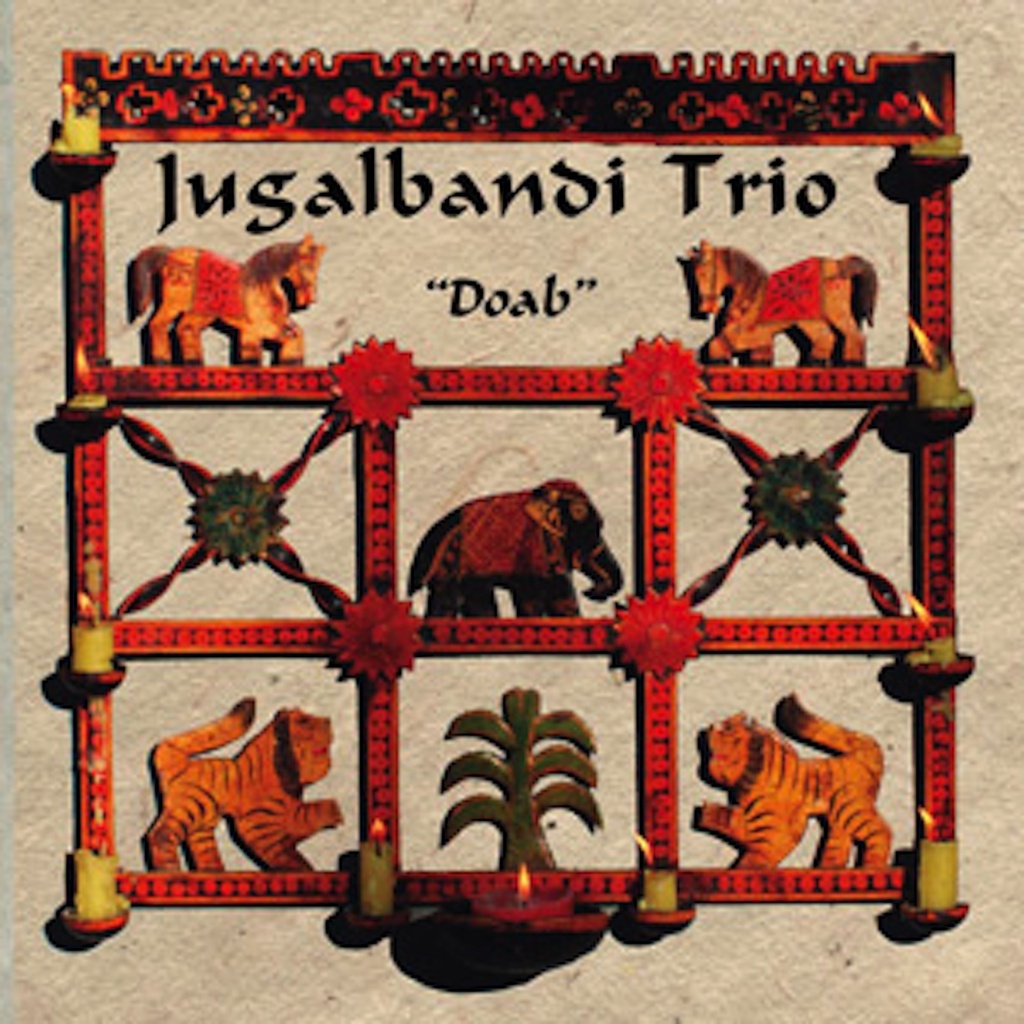FR
Le groupe Jugalbandi trio est né de la rencontre d’un percussionniste indien, d’un pianiste de jazz, et d’un flûtiste jouant la musique indienne depuis de nombreuses années. L’apport de l’harmonie du piano colore la tradition indienne de façon étonnante et inédite. La musique de Jugalbandi Trio souhaite être une interprétation vivante du modèle classique indien, tout en prenant ses distances de façon respectueuse par rapport aux ragas. Le répertoire du groupe est constitué de thèmes courts inspirés par la musique d’Inde du Nord, sur base desquels les musiciens brodent leurs improvisations. La Musique classique indienne se base sur l’improvisation dans le cadre strict des ragas, consignés il y a plusieurs milliers d’années dans les textes sacrés de l’Hindouisme, les Vedas. Le concept de raga, qui ne connaît aucun équivalent dans la musique occidentale, englobe à la fois des éléments musicaux et extra-musicaux (moment de la journée le plus propice au jeu de chaque raga, émotion liée au raga, etc.). De façon traditionnelle, la musique indienne est jouée par un soliste (sitar, violon, flûte, etc.), accompagné par un percussionniste. Le contrepoint n’existe pas en Inde, mais il existe néanmoins une forme rare de jeu d’un même raga par deux solistes, c’est ce qu’on appelle un jugalbandi.
EN
The Jugalbandi trio was born from the encounter of an Indian percussionist, a jazz pianist, and a flutist who has been playing Indian music for many years. The harmony of the piano brings a surprising and unprecedented color to the Indian tradition. The music of Jugalbandi Trio aims to be a lively interpretation of the Indian classical model, while respectfully distancing itself from the ragas. The group's repertoire consists of short themes inspired by North Indian music, on which the musicians improvise. Indian classical music is based on improvisation within the strict framework of ragas, which were recorded thousands of years ago in the sacred texts of Hinduism, the Vedas. The concept of raga, which has no equivalent in Western music, encompasses both musical and extra-musical elements (the most suitable time of day for playing each raga, the emotion associated with the raga, etc.). Traditionally, Indian music is played by a soloist (sitar, violin, flute, etc.) accompanied by a percussionist. Counterpoint does not exist in India, but there is a rare form of playing the same raga by two soloists, which is called a jugalbandi.
Votre snippet dynamique sera affiché ici...
Ce message s'affiche parce que vous n'avez pas défini le filtre et le modèle à utiliser.
